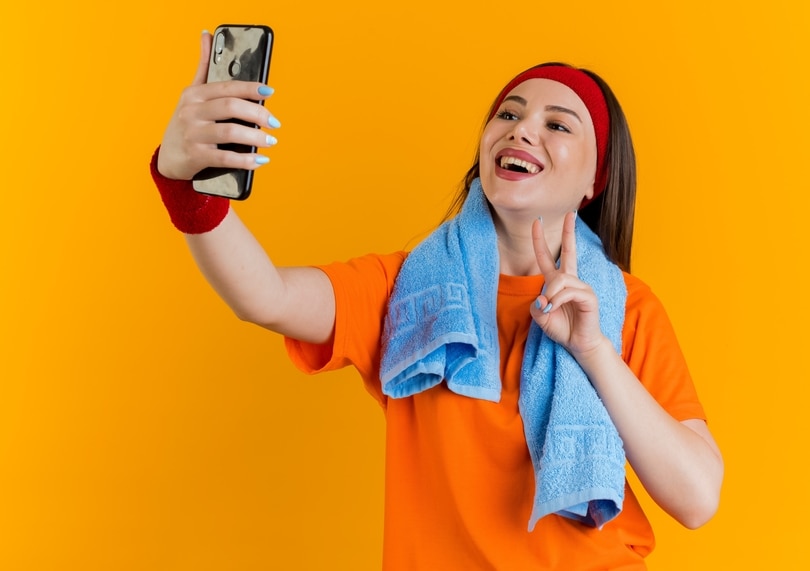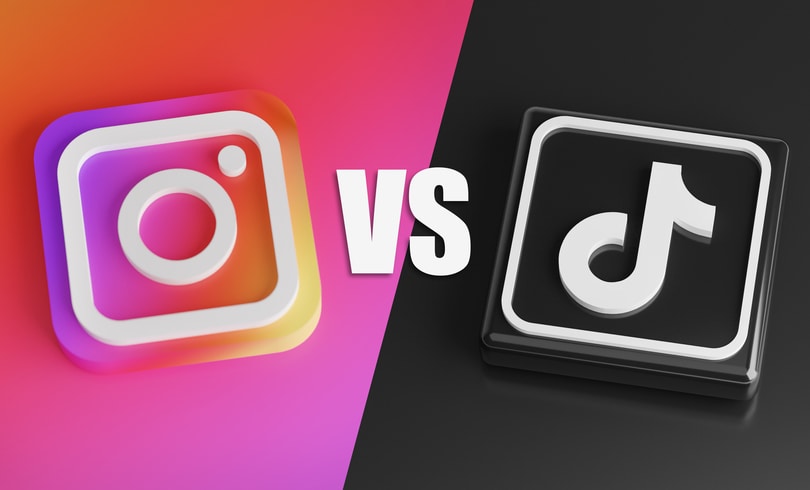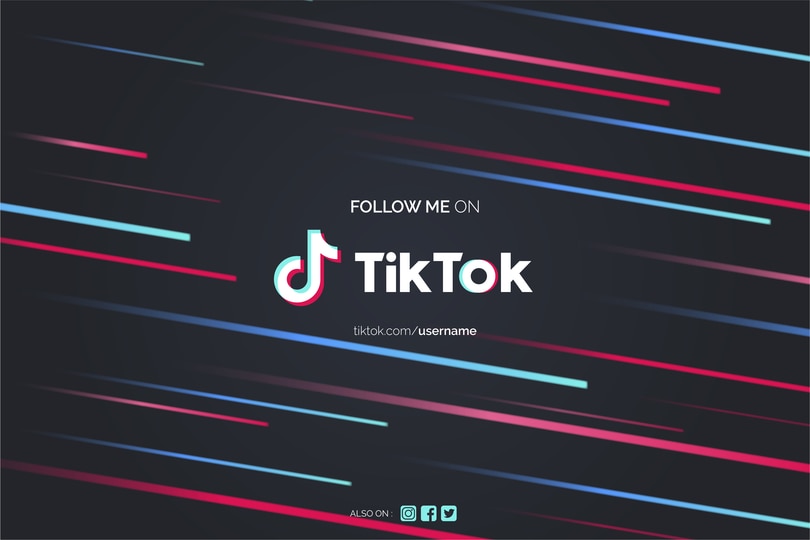Video has already transformed the marketing sphere, and is continuing in many avenues than one. It’s no surprise that 80% of video marketers have seen a rise in sales, thus making 95% more likely to use their marketing budgets towards video marketing campaigns. Since video has been a continuous topic of discussion among marketers over the recent years, many marketing gurus are now looking to TikTok. Why? People have discovered that TikTok has the option to boost campaigns with ads, while creating awareness and community involvement with their brands. These features have paved the way for brands – and even influencers – to jump onboard to sell and promote. So, let's see if TikTok is the next step for brands. But first, how did it start?
The Origins of TikTok
Exported from China in 2017, TikTok started life as an app called Douyin. The app had a similar selling point as Musical.ly, an easy-to-use platform that was infamous for allowing young people to create videos of themselves miming songs, sound bites, etc., thus making it somewhat of a karaoke machine. As a result, Musical.ly and the original TikTok had merged to create the current structure of TikTok. Now, as one of the fastest growing social media platforms, TikTok has transformed into a place where people can upload original videos, along with exploring various genres. So, it’s clear that the app is a growing phenomenon and brands are increasingly jumping on the bandwagon. Brands are throwing money at TikTok as a way of accessing discount influencers with a wide reach, but is TikTok worth the cash? This social platform is appealing, but still masked somewhat in obscurity as the home of Gen Z. Let’s take a deep dive into the world of this new social media to see if TikTok is the next step for brands and see how it compares with Instagram, its main competitor in the influencer market.
Demographics
Firstly, TikTok isn’t short of users. Latest data reveals that there are around 1.1 billion registered users on TikTok, providing a huge market to tap into. However, before you get too excited, it’s worth noting that around 15% of these users are in China, and a significant minority of users are based in South East Asia. Despite this, there are over 140 million active monthly users in the US, and TikTok is growing rapidly in the Western world, making it arguably the best time to invest. Whilst older generations have been drawn to Facebook and Instagram in recent years, the key fact of TikTok’s demographics is that their user base is overwhelmingly in the 16-24 age range - around 70% of users. Generation Z are notoriously hard to reach, making TikTok an exceptionally valuable platform for promoting your brand.

The Content
From a marketing perspective, the way content works on TikTok makes this platform uniquely valuable. TikTok started life as a lip-syncing platform and user-generated, video content has always been at the heart of its appeal. For brands looking to tap into a younger market, the DIY content that gets created and shared on TikTok provides the perfect launching pad for building authenticity and increasing engagement with this demographic. What’s more, TikTok’s algorithms make it possible for anyone to grow into an influencer, whether they have 100 or 100,000 followers. With the TikTok Shop Creator feature, you can even sell directly on TikTok. The feed-format makes addictive scrolling easy and anyone can become an influencer if their content engages the audience. As a brand, all you need to do is build your hashtags into this content to get yourself heard.
Going Viral
The benefits of the TikTok format to brands are obvious. With engaging content you can go viral on a smaller marketing budget, compared with what it would take to get the same reach on other platforms. And TikTok’s focus on user-generated content gives brands an instant appeal - compared to Instagram’s professional sheen of lifestyle influencers, TikTok is authentic and engaging to the common man. Success on TikTok requires that you fit your brand to this format. The recent experience of Calvin Klein reveals that influence is not guaranteed on TikTok. This brand shipped big name models such as Shawn Mendes over to TikTok to promote their products, a huge misfire when users are looking for authentic content - CK have garnered only 10,000 followers on TikTok. In contrast, GymShark launched their TikTok account in 2018 and through perfectly honed hashtag challenges they instantly connected with the user base. In just two years, and - I guarantee it, a lesser marketing budget - they’ve connected with nearly 2 million users. You see? Properly used, TikTok is the next step for brands!
Instagram Vs TikTok

Instagram is still the home of influencers, so how does TikTok compare? As we’ve seen, authenticity factor is high on TikTok and it’s a great place to connect with a younger audience. One way TikTok falls down compared to its slicker cousin is that brands still can’t sell directly through TikTok. Instagram’s shoppable tags make it easier to bring in revenue through this platform. Although TikTok hasn’t yet incorporated shopping into its platform, it may soon follow. And for the time being it’s a thriving ecosystem of content you’ll want to check out. However, success seems to come easy for influencers on TikTok – a major difference from Instagram. With many TikTok stars seemingly garnering fame and receiving many followers overnight, IG influencers are only seeing decent followings. For example, TikTok star Charlie D'Amelio appeals to more than 15 million followers – many who are under 18. In that case, the appeal comes from doing so with a younger demographic, versus Instagram’s appeal to the adult demographic.
Can Marketing Make It With TikTok?
The short answer is yes. Here’s why! Despite YouTube having a good firm hold on popular industries such as toys, it seems that TikTok may be looking at getting the same treatment sooner than later. With TikTok's expansive user base, brands can easily search people on TikTok and connect with influencers to amplify their marketing efforts. Many companies started using TikTok as an influencer marketing platform just at the start of Covid-19 and haven't stopped since. Here are a few ways that brands can market on TikTok:




